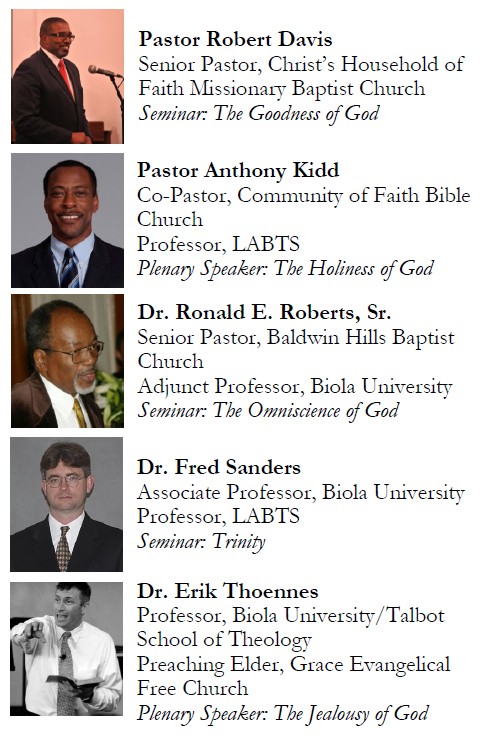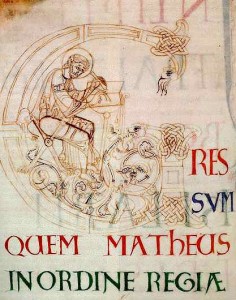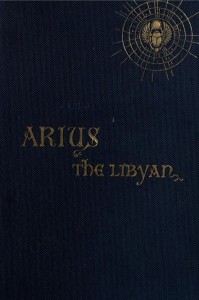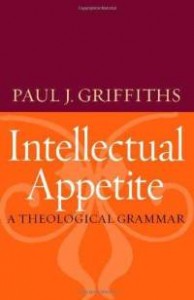This Saturday there’s a great conference for men in Los Angeles. It’s organized by the Los Angeles Bible Training School, which I believe is the best Bible Institute in Los Angeles. The conference theme is “Behold Your God!” because all the teaching will be about the character and attributes of God. Often, a conference for men will focus on topics uniquely relevant to men (a previous LABTS conference was on sexual purity, and resulted in the publication of a book... Read more
















